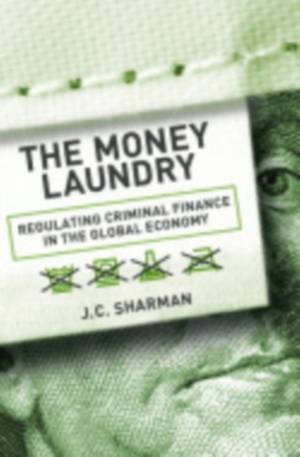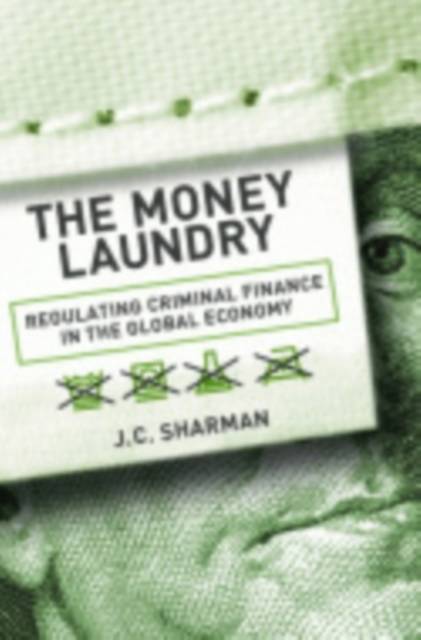
- Retrait gratuit dans votre magasin Club
- 7.000.000 titres dans notre catalogue
- Payer en toute sécurité
- Toujours un magasin près de chez vous
- Retrait gratuit dans votre magasin Club
- 7.000.0000 titres dans notre catalogue
- Payer en toute sécurité
- Toujours un magasin près de chez vous
Description
A generation ago not a single country had laws to counter money laundering; now, more countries have standardized anti-money laundering (AML) policies than have armed forces. In The Money Laundry, J. C. Sharman investigates whether AML policy works, and why it has spread so rapidly to so many states with so little in common. Sharman asserts that there are few benefits to such policies but high costs, which fall especially heavily on poor countries. Sharman tests the effectiveness of AML laws by soliciting offers for just the kind of untraceable shell companies that are expressly forbidden by global standards. In practice these are readily available, and the author had no difficulty in buying the services of such companies. After dealing with providers in countries ranging from the Seychelles and Somalia to the United States and Britain, Sharman demonstrates that it is easier to form untraceable companies in large rich states than in small poor ones; the United States is the worst offender.
Despite its ineffectiveness, AML policy has spread via three paths. The Financial Action Task Force, the key standard-setter and enforcer in this area, has successfully implemented a strategy of blacklisting to promote compliance. Publicly identified as noncompliant, targeted states suffered damage to their reputation. Subsequently, officials from poor countries became socialized within transnational policy networks. Finally, international banks began using the presence of AML policy as a proxy for general country risk. Developing states have responded by adopting this policy as a functionally useless but symbolically valuable way of reassuring powerful outsiders. Since the financial crisis of 2008, the G20 has used the successful methods of coercive policy diffusion pioneered in the AML realm as a model for other global governance initiatives.
Spécifications
Parties prenantes
- Auteur(s) :
- Editeur:
Contenu
- Nombre de pages :
- 216
- Langue:
- Anglais
- Collection :
Caractéristiques
- EAN:
- 9780801450181
- Date de parution :
- 15-10-11
- Format:
- Livre relié
- Format numérique:
- Genaaid
- Dimensions :
- 162 mm x 243 mm
- Poids :
- 453 g

Les avis
Nous publions uniquement les avis qui respectent les conditions requises. Consultez nos conditions pour les avis.






